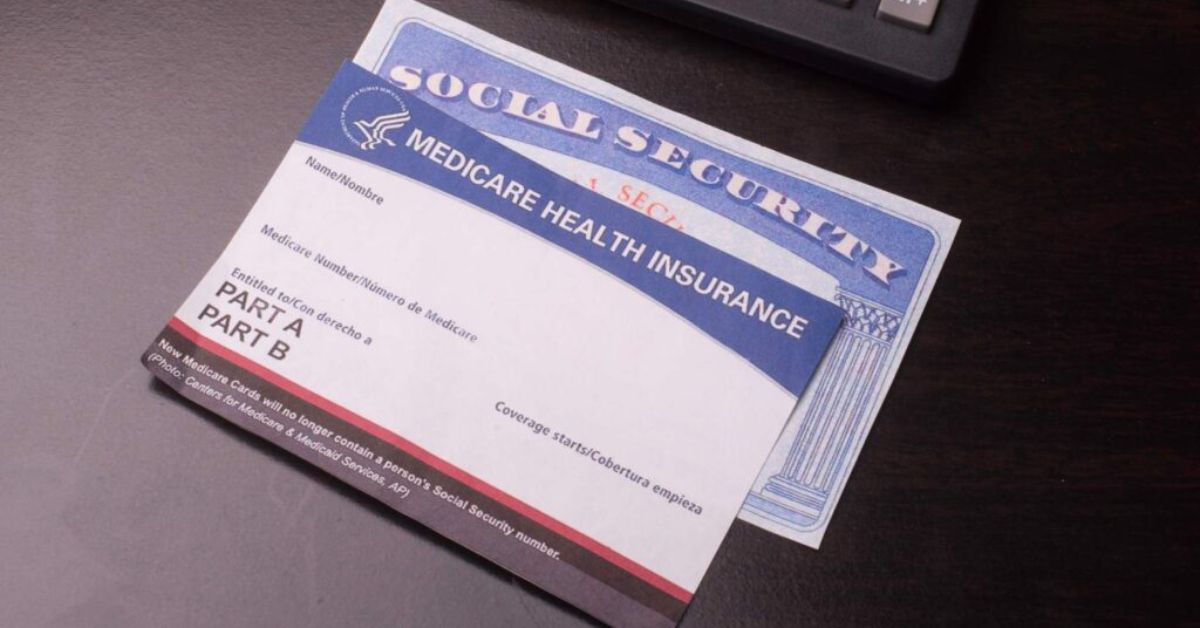As the open enrollment period for Medicare benefits unfolds, seniors must navigate significant changes for the upcoming year. Running from October through December 7th, this crucial timeframe requires beneficiaries to assess their options and understand how new regulations will impact their coverage.
Key Changes in Medicare for 2025
This Article Includes [hide]
Cap on Out-of-Pocket Prescription Drug Costs
One of the most notable reforms for 2025 is the introduction of a cap on out-of-pocket expenses for prescription drugs. Previously, seniors faced the “donut hole” phenomenon, where they would receive coverage up to a certain limit, only to pay entirely out of pocket until they reached another threshold for coverage to resume. The new cap, set at $2,000, aims to alleviate the financial strain on those managing chronic health issues. This change promises to enhance drug affordability, giving seniors peace of mind regarding their medication costs.
Flexible Payment Options for Prescriptions
Another beneficial adjustment is the option for beneficiaries to pay for their prescriptions in monthly installments instead of a lump sum at the pharmacy. This change allows for better financial planning and can help seniors maintain more disposable income throughout the year, rather than facing overwhelming expenses all at once.
Challenges Posed by Insurance Companies
While these changes herald potential benefits for seniors, they are met with challenges. Many insurance companies participating in Medicare’s Part D and Medicare Advantage (Part C) have expressed concerns about the profitability of these new measures. Some insurers have begun exiting specific markets, citing financial losses as their reason. For those who remain, there are reports of plan modifications, including increased deductibles, premiums, and limited offerings. These alterations threaten to negate the intended savings from the new policies.
Ryan Ramsey, the associate director of health coverage and benefits at the National Council on Aging, emphasizes the importance of early planning. He advises seniors to start comparing plans as soon as possible to avoid making rushed decisions. “Starting early allows you to take your time and make informed choices,” he notes.
Reassessing Coverage: What Seniors Should Do
Seniors will need to evaluate their current plans, especially as many may have to transition to different coverage options altogether. Traditional Medicare (Parts A and B) does not offer the additional benefits commonly provided by Medicare Advantage plans, such as vision and dental coverage.
Tricia Neuman, Executive Director for the Program on Medicare Policy at KFF, reinforces the necessity of reassessing options annually. She urges seniors to confirm whether their healthcare providers remain in-network and if their prescription drugs are still covered under their plan. “The burden is now on seniors to ensure their plan hasn’t changed in ways that will complicate their access to necessary medications,” she explains.
Seeking Assistance Programs
In light of the changing landscape, seniors should actively seek out resources and assistance programs, such as GoodRx, to help manage their healthcare costs. Although Medicare services will continue as long as funding allows, beneficiaries must invest more effort into understanding their coverage and exploring alternatives.
Conclusion
The 2025 Medicare open enrollment period presents both opportunities and challenges for seniors. With significant changes on the horizon, it’s crucial for beneficiaries to take proactive steps in assessing their healthcare options and understanding the implications of new policies. By staying informed and seeking assistance, seniors can navigate the complexities of Medicare and ensure they receive the care they need.











Leave a Reply